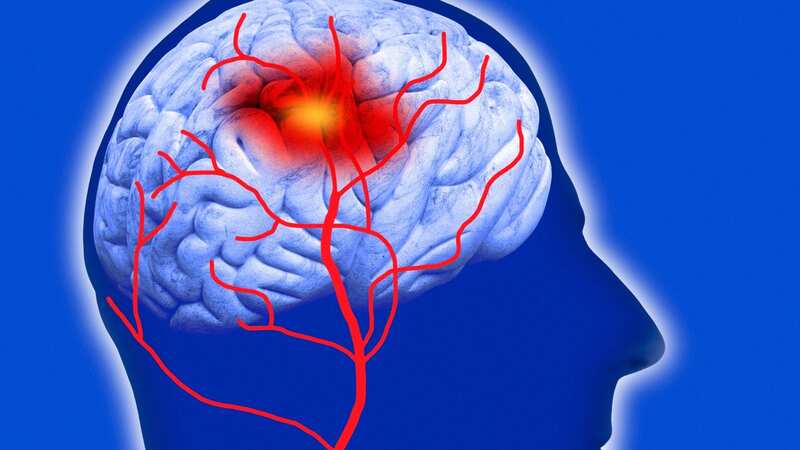

As we get older, our small blood vessels tend to leak. If these leaky blood vessels are in the brain, they can lead to stroke and vascular dementia.
But could we devise a drug to plug the leaks and even prevent small vessel disease in the brain? Small vessel disease (SVD) is a leading cause of cognitive decline and contributes to almost half (45%) of dementia cases worldwide. It’s also responsible for one in five ischemic strokes, the most common type of stroke, where a blood clot prevents the flow of blood and oxygen to the brain.
The majority of people with SVD and associated hypertension and type2 diabetes are middle aged. Rare, inherited forms of SVD strike people as young as their mid-30s. Cambridge University scientists took cells from skin biopsies of patients with one of these rare forms of SVD. By reprogramming the cells, they created stem cells capable of developing into almost any type of cell in the body. The team then used these stem cells to generate cells of brain blood vessels and created a model of the disease that mimics the defects seen in SVD. Dr Alessandra Granata at Cambridge, who led the study, says: “Despite the number of people affected worldwide by SVD, we have little in the way of treatments because we don’t fully understand what damages the blood vessels and causes the disease.
“Most of what we know about the underlying causes tends to come from animal studies, but they are limited in what they can tell us. That’s why we turned to stem cells to generate cells of the brain blood vessels and create a disease model ‘in a dish’ that mimics what we see in patients.” In their disease model, the team unfortunately found cells were unable to join up, particularly at so-called “tight junctions”, which “zip” cells together. This leads to the small blood vessels becoming leaky – a key characteristic seen in small vessel disease, where blood leaks out of the vessels and into the brain.
The researchers identified molecules called metalloproteinases (MMPs) implicated in this damage, when too many of them are produced. When the team treated the blood vessels with drugs that inhibit MMPs– an antibiotic and anti-cancer drug – they found that they reversed the damage and stopped the leakage. The only thing is the drugs used had significant side effects so can’t be used in practice. But it’s a major step forward and they serve as a model for future drugs.
 Teachers, civil servants and train drivers walk out in biggest strike in decade
Teachers, civil servants and train drivers walk out in biggest strike in decade